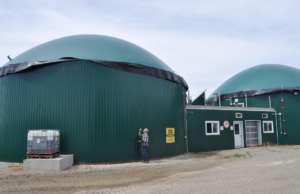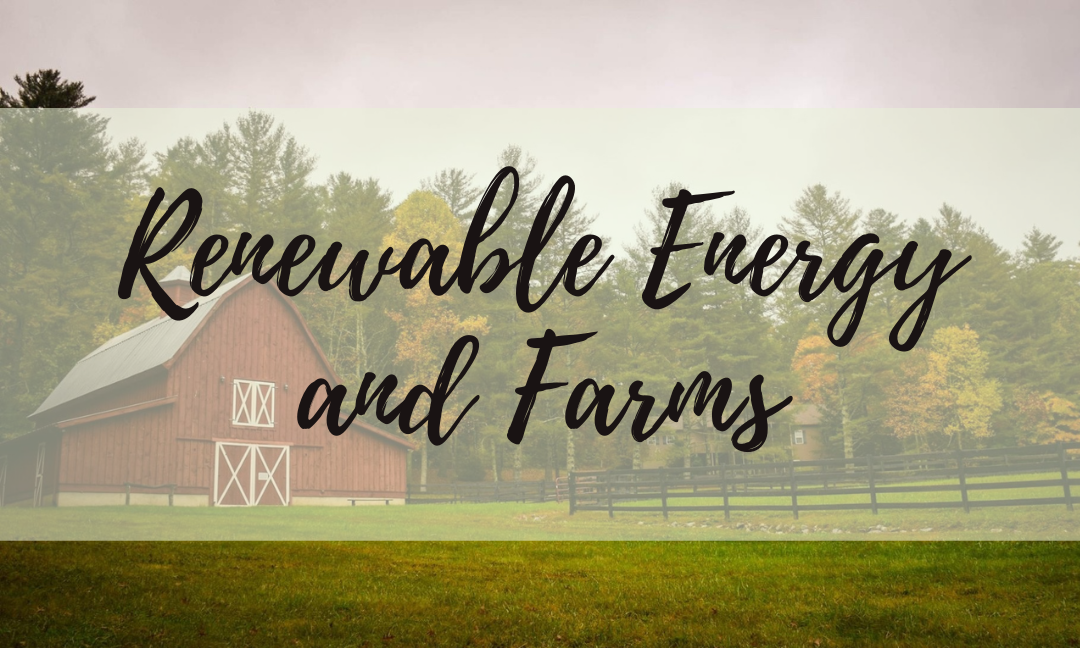Written by: Michael Koy
Farming is a large and proud industry of Ontario, but the sector also contributes to huge amounts of carbon emissions. Despite this issue, Ontarian farmers are keenly aware of the environmental damage they cause and are open to adopting cleaner methods. With the development of new technologies and methods, Ontarian, and to a larger extent, Canadian farmers can transition to a more eco-friendly place, while retaining authenticity and economic output.
How do farmers produce emissions?
Farmers produce 5% of the total carbon emissions in Canada, and although this seems small and insignificant, emissions have been steadily rising since the 1990s. As a result, alternative energy sources are needed to prevent the industry from becoming reliant on damaging sources. Butwhy do farmers produce so many emissions?
Farmers use plastic for many things, such as plastic grain bags, and pesticide containers. After the plastic is used, farmers are unable to recycle the plastic due to the lack of recycling infrastructure in rural areas. As a result, burning plastic produces many unhealthy chemicals such as dioxins and furans.
Aside from plastic, the cows on farms produce methane, which releases carbon emissions into the environment. Methane is essentially gas produced by cows, and it is responsible for 20% of all global emissions. Although this is a natural process, it also damages the environment. With the number of dairy farms increasing, it’s important to reduce emissions.
Alternatives and Opportunities

Biodigesters, image source
Despite the increase in emissions, Ontarian farmers are aware of the impacts on the environment and health of Canadians, and they have already begun adopting newer technologies. From wind turbines to solar panels, traditional renewable energy sources are being built across farms.
As for dairy farms, they have begun installing biodigesters. These huge machines gather the methane produced by cows and transform it into clean-burning biofuel. For instance, a farm near Beachville, Ontario, has implemented mini biodigesters at a fraction of the cost of normal-sized ones. Furthermore, the farm has been going strong since the transition. This is a groundbreaking revolution, as the number of emissions produced by farms is predicted to be halved with the help of biodigesters.
Another option is to build a better recycling infrastructure in rural areas. As stated before, farmers are forced to burn plastic due to the lack of recycling, so the practical solution would be to build recycling infrastructure in farming communities.
Caution
Although these new alternatives and ideas are vital to transforming agriculture into a more eco-friendly sector of the economy, the transition must be well thought out and slow. For instance, if the government suddenly implemented a policy on renewable energy, farmers would go bankrupt trying to buy new renewable energy sources (wind turbines, biodigesters, etc). In conclusion, farming has to transition into more eco-friendly methods, and many new methods and technologies are there to support them, but the change must be smooth and slow.
Sources:
https://www.cbc.ca/news/canada/saskatchewan/opinion-merle-massie-farmers-green-energy-1.5780042
https://dairyfarmersofcanada.ca/en/who-we-are/our-commitments/sustainability/renewable-energy
https://www150.statcan.gc.ca/t1/tbl1/en/tv.action?pid=3210044901
http://www.omafra.gov.on.ca/english/engineer/facts/climatechange.htm
https://farmtario.com/livestock/mini-biodigester-offers-big-output-for-ontario-dairy-farm/

